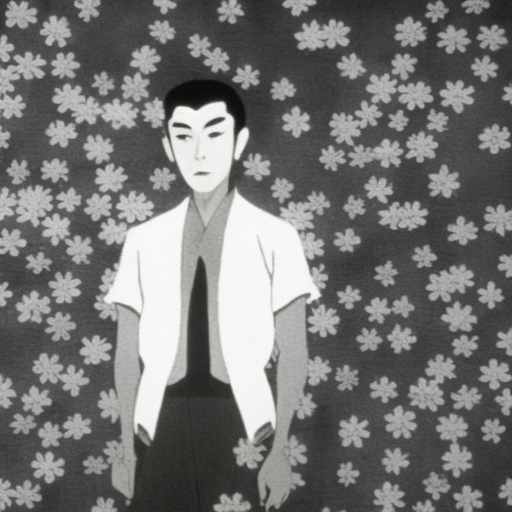Tokyo Story (1953) – A Poignant Exploration of Family, Aging, and Modernization
Main Cast and Crew:
- Director: Yasujirō Ozu
- Writer: Yasujirō Ozu, Kōgo Noda
- Key Actors: Chishū Ryū as Shukichi Hirayama, Chieko Higashiyama as Tomi Hirayama, Setsuko Hara as Noriko Hirayama, Haruko Sugimura as Shige Kaneko, So Yamamura as Koichi Hirayama, Kuniko Miyake as Fumiko Hirayama
- Music Director: Kojun Saito
- Director of Photography: Yūharu Atsuta
- Producers: Takeshi Yamamoto, Shizuo Yamanouchi
Plot:
“Tokyo Story” follows an aging couple, Shukichi and Tomi Hirayama, who travel from their rural hometown to Tokyo to visit their adult children. However, their children are too busy with their own lives and fail to provide the attention and care the couple had hoped for. The couple’s daughter, Shige, is preoccupied with her own family and responsibilities, while their son, Koichi, is consumed by work. The only one who shows genuine concern is Noriko, the widow of their deceased son.
As the couple’s visit progresses, they experience a series of disappointments and feel increasingly alienated in the bustling city. Tomi falls ill and is hospitalized, and Shukichi is left to navigate the impersonal and fast-paced urban environment alone. Eventually, Tomi’s condition worsens, and she passes away. The family reunites for her funeral, but the sense of loss and regret hangs heavy in the air.
Themes and Motifs:
“Tokyo Story” explores several central themes, including the generational gap, the changing dynamics of family, and the impact of modernization on traditional values. The film portrays the tension between the older generation, who value familial bonds and traditional customs, and the younger generation, who are caught up in the pursuit of material success and individual happiness. Ozu’s deliberate pacing and use of static shots emphasize the quiet contemplation of these themes, allowing the audience to reflect on the complexities of family relationships and the passage of time.
Reception and Legacy:
Upon its release, “Tokyo Story” received mixed reviews from critics and struggled to find an audience. However, over time, it has come to be regarded as one of the greatest films ever made. Its universal themes and poignant portrayal of family dynamics have resonated with audiences worldwide. The film has been praised for its understated performances, masterful direction, and profound emotional impact. It has been included in numerous “best films of all time” lists and is often cited as a major influence on filmmakers such as Martin Scorsese and Wim Wenders.
Recommendation:
“Tokyo Story” is a deeply moving and introspective film that offers a profound meditation on the complexities of family relationships and the passage of time. It requires patience and a willingness to engage with its deliberate pacing and understated performances. However, for those who appreciate thought-provoking cinema that delves into the human condition, “Tokyo Story” is an absolute must-watch.
Memorable Quote:
“Isn’t life disappointing?” – Shukichi Hirayama












